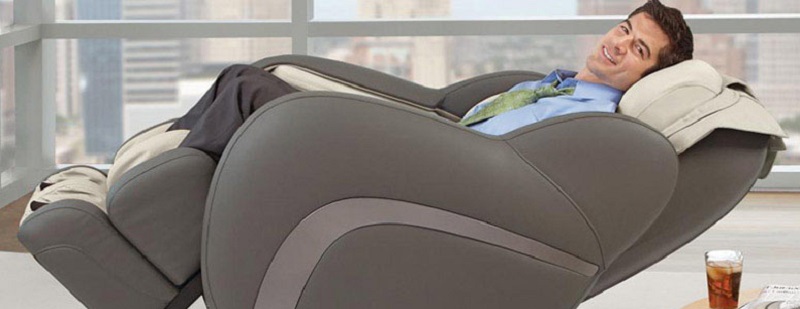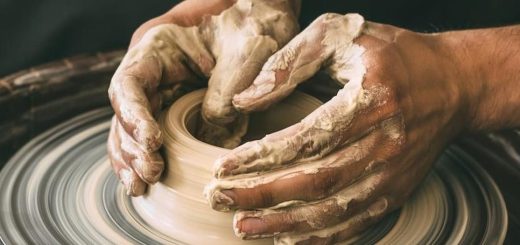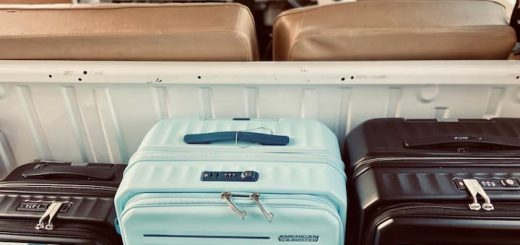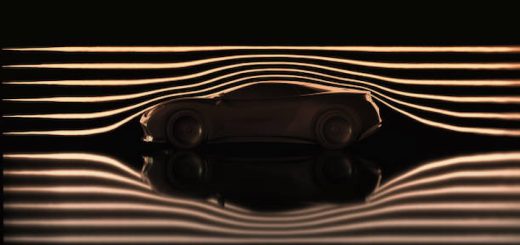A Guide to Soundproofing Your Land Rover: Sound Deadening, Sound Blocking and Sound Absorbing Explained
Even though your Land Rover came with adequate insulation out of the factory, with time, it will degrade. Even if it hasn’t degraded yet, you may want to soundproof and insulate it even further, to make your drives more comfortable. Road noises, or your stereo system not providing the sound you want it to are two common reasons to get Land Rover sound deadening. Too much heat coming through is another popular reason for adding insulation materials inside your car. Either way, insulating your Land Rover will make you forget about all of these problems, and allow you to enjoy your ride to the fullest.

If you’re like me, everything you do, you want it to be done right. But how do you decide whether something is worth doing, to begin with? Paying for something that you don’t understand can be difficult to justify. If you spend a fair amount of time inside your Land Rover, soundproofing and heatproofing your vehicle is one of those things that can pay out big time in your quality of life. However, it’s also a thing that when done right, you won’t really hear or see.
I look at it as spending the extra buck on the mattress for your bed, simply because you spend a third of your life in it. You just don’t know what you’re missing out on until you’ve tried it. Similarly, insulating your Land Rover with sound-deadening material can pay off big time, if you go about it the smart route. Keep in mind that there isn’t a fit-for-all solution to make your vehicle ideal, and you should stay away from people that offer such solutions. If you approach vehicle insulation properly, it’s a simple three-step process. The more you know about the process, the better results you’ll get, and you’ll get away with it by spending the least amount of money.
Understanding the Noises
First things first, not all noises going into your car are the same. Understanding the type of noise you want to insulate against is essential to choosing the right insulation material. Generally, all noises fall under two categories – airborne and structural noise. Structural noises are those created by your Land Rover’s moving parts, whereas airborne noises are those that come from the outside.
Once you know what type of noises you want to insulate against, you can determine the best way to prevent them. There are three basic noise-cancelling methods – sound deadening, sound blocking and sound absorbing. Sound deadening is made to reduce the vibrations and rattles felt (structural noises); sound blocking prevents airborne noises from going into your car, and sound absorbing absorbs the energy of the sound already inside your car (airborne noises).
Sound Deadening Materials
So, you’ve decided to get your Land Rover sound deadening materials. There are many different kits available that do just that, but which is the best one? Generally, butyl rubber and viscoelastic acrylic polymer are considered the most popular ones. Butyl rubber is a synthetic, odour-free rubber that is tough, whereas viscoelastic acrylic polymer is a liquid material great for reducing vibrations.
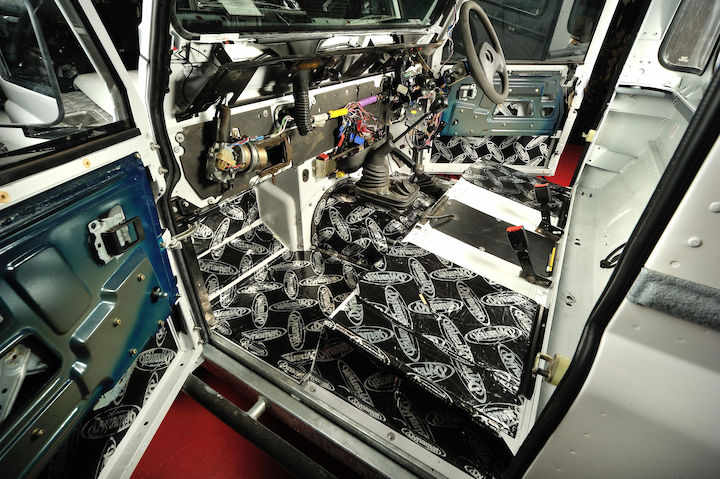
Sound Blocking Materials
If you want to protect the cabin of your Land Rover against tyre noises, then you’ll need a barrier to keep them out. There are sound blockers that act as a barrier between you and the outside noise, turning your cabin into a soundproof booth. For best results, apply sound deadening first, then add a sound-blocking layer. The most popular spots for applying sound-blocking materials are the floor, trunk and door panels. The most popular material used for this purpose is mass-loaded vinyl. You can choose any other material, as long as it’s flexible, dense and limp enough to contour to the curves inside your Rover. These things are important so you can create an unbroken barrier layer.
Sound Absorbing Materials
Last but not least, if you want to completely eliminate unwanted noise, you’ll want to install sound-absorbing jute or foam. These products will completely get rid of echo and irritation noise. One of the main advantages of these materials is that they’re extremely versatile and also act as heat insulators. There are two types of sound-absorbing foam – open- and closed-cell foam. Some of the more popular types of sound-absorbing foam are:
- Melamine – Commonly used in auditorium soundproofing and pipe insulation. This foam is waterproof and heat-resistant. For these reasons, it’s considered the highest-quality solution
- Jute – A natural fibre, commonly spun into thick layers of matting. Quality jute should be plush, and a great insulator.
- Closed-cell foams – These foams are impermeable to water and air, making them great for not only sound, but also heat insulation. Closed-cell foams are best used as a decoupler between hard surfaces like plastic panels. The purpose of decouplers is to separate two materials and prevent them from transferring energy, resulting in less rattling, vibrations and noise.


